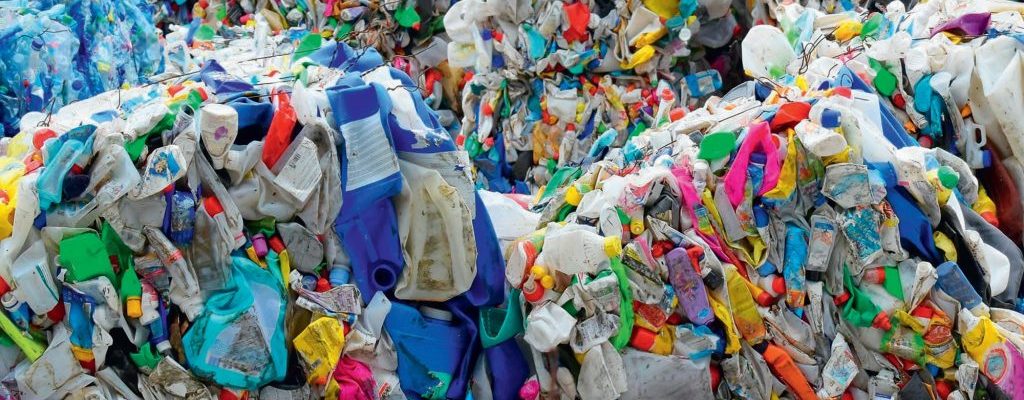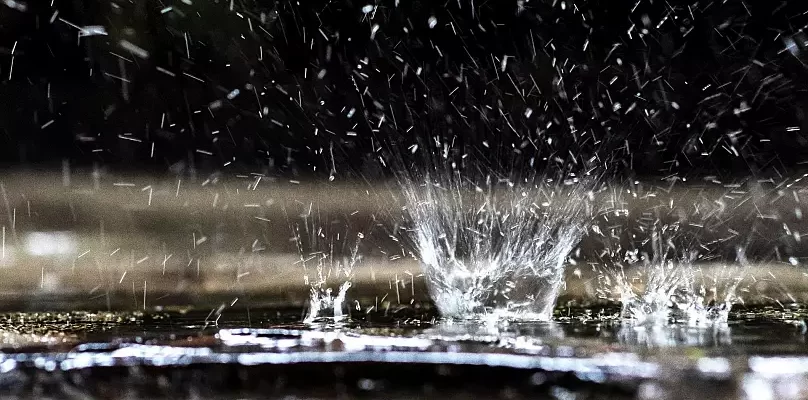The Government will not set a target for a reduction in single-use plastics, but will publish a report on reforming waste exemptions that can hide criminal activity. These announcements came from environment minister Trudy Harrison in response to a series of parliamentary questions. Labour’s Beth Winter asked if there would be a specific target set for the reduction of the use of single-use plastic by 50% by 2025. Harrison replied: “We have no plans to set a target for the reduction in single use plastic. “We want to set an Environment Act 2021 target in the area of resource efficiency and waste reduction [...]
Read MoreClimate tech wrapped a strong Q3, landing three of the top four equity deals, including the whopping $1 billion Series A raised by fleet charging startup TeraWatt. While the broader market might be cooling, climate tech continues to be a hot ticket, with investment figures for top deals in Q3 outpacing the two previous quarters this year. In total, five climate tech startups made CB Insights’ top 10 equity deals list in Q3, pulling in a combined $3.7 billion. That far exceeds last quarter’s $2.5 billion across eight top startups and Q1’s $1.4 billion across five top startups. Top climate tech investments continued to [...]
Read More[siteorigin_widget class="orion_image_w"][/siteorigin_widget]
Read MoreRainwater almost everywhere on Earth has unsafe levels of ‘forever chemicals’, according to new research. Per- and poly-fluoroalkyl substances (PFAS) are a large family of human-made chemicals that don’t occur in nature. They are known as ‘forever chemicals’ because they don’t break down in the environment. They have non-stick or stain repellent properties so can be found in household items like food packaging, electronics, cosmetics and cookware. But now researchers at the University of Stockholm have found them in rainwater in most locations on the planet – including Antarctica. There is no safe space to escape them. Safe guideline levels for some of [...]
Read More


